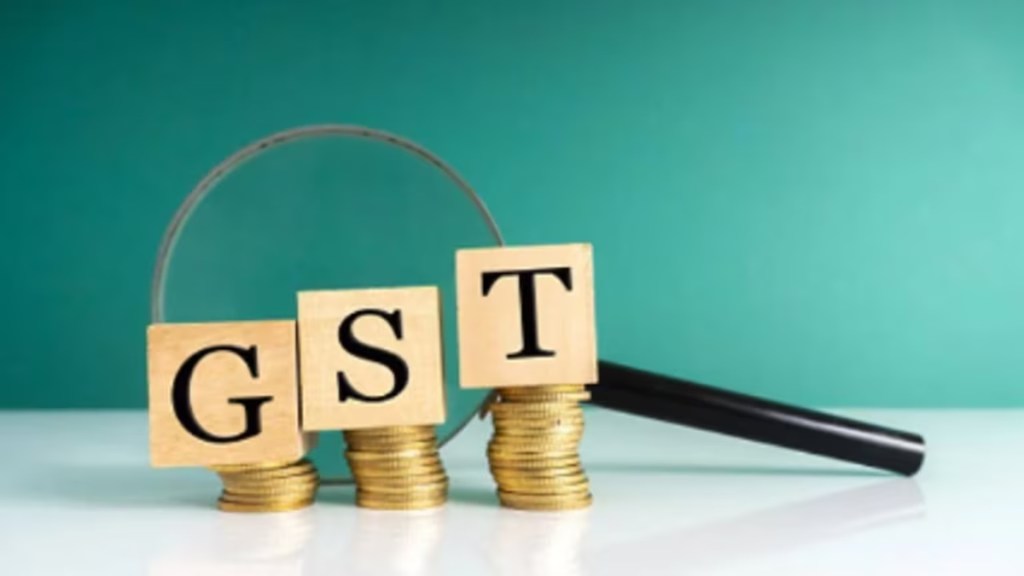The government’s Goods and Services Tax (GST) rationalisation to give domestic consumption a boost has received lukewarm response from the stock market. In the past couple of trading sessions after the announcement, benchmark indices have gained just 0.18%. Even the mood in the wider market has been subdued, with both the Midcap and Smallcap indices down 0.7% and 0.5%, respectively.
Why the market is underperforming
Market experts believe that there are multiple reasons weighing on the market currently. For one, while the GST 2.0 is likely to give a fillip to the economy and corporate earnings, stiff tariffs of 50% by the US President are keeping investors worried. Many have also used this opportunity to book profits because they believe there isn’t much upside from here. Further, foreign portfolio investors (FPI) have continued with their selling spree, even in September.
Shankar Sharma, founder of Gquant Investec, “ The market wants actual numbers to reflect the policy measures. This is an old, aging, frail bull market, and at this age, clinical evidence has to be there. The GDP numbers were a big disappointment, with nominal GDP growth rate being a measly 8.8% the lowest since 2019. These numbers are extremely concerning to the market”
Saurabh Mukherjea, founder of Marcellus Investment Managers is more worried about the tariff. “GST cuts only partially offset the damage from Trump tariffs, the largest export destination has jammed us,” he said.
Arun Kejriwal, founder at Kejriwal Research and Investments noted that in addition to tariffs, over the last three-four days Q1 result summary is also being assessed. “Both of these are taking its toll and negating all the good that comes from the GST,” he said, adding that the impact of these measures will be witnessed in the third quarter results of companies.
He expects geopolitical worries to make markets extremely volatile in the coming days and according to him money making for the common man will become difficult.
Battle between foreign and domestic investors
Mukherjea added that earnings slowdown and elevated valuations continue to weigh on the market. Nifty is currently trading at 20 times one year forward earnings, BSE Midcap is almost 27 times, and BSE Smallcap is 24.36 times. In comparison, South Korea’s Kospi is trading at PE multiples of 10.46 times, Taiwan 16.7, China 13. 8 times, and Indonesia is 11.1 times.
FPIs have been net sellers for a third consecutive month as on September 5. So far in 2025, they have net sold shares worth Rs 1.38 lakh crore. In contrast, the total investment of Rs 5.27 lakh crore made by the domestic institutional investors in 2025 so far has surpassed 2024’s investment figure.
The impact however was seen initially in the broader and sectoral indices. Since Prime Minister Narendra Modi’s August 15 announcement, while the Sensex has risen 0.1% and 0.5% respectively, BSE Smallcap is up nearly 2% and BSE Midcap 1.2%. Among sectors, BSE Auto has risen the most by 9.2% during this period, while BSE Consumer Discretionary and BSE Consumer Durables are up nearly 6% each.
A Motilal Oswal report said that the government is clearly in an overdrive to lift and stimulate the domestic economy, and the latest announcements on GST, once implemented, will be the first big structural reform of the government in the current term.
“In our view, this will also kickstart a cycle of positive uptrends for the Indian equity market, which has been a key underperformer over the past year,” it said noting that the current valuations at 20.8 times are reasonable and have room to expand given our estimates of double-digit PAT growth.

